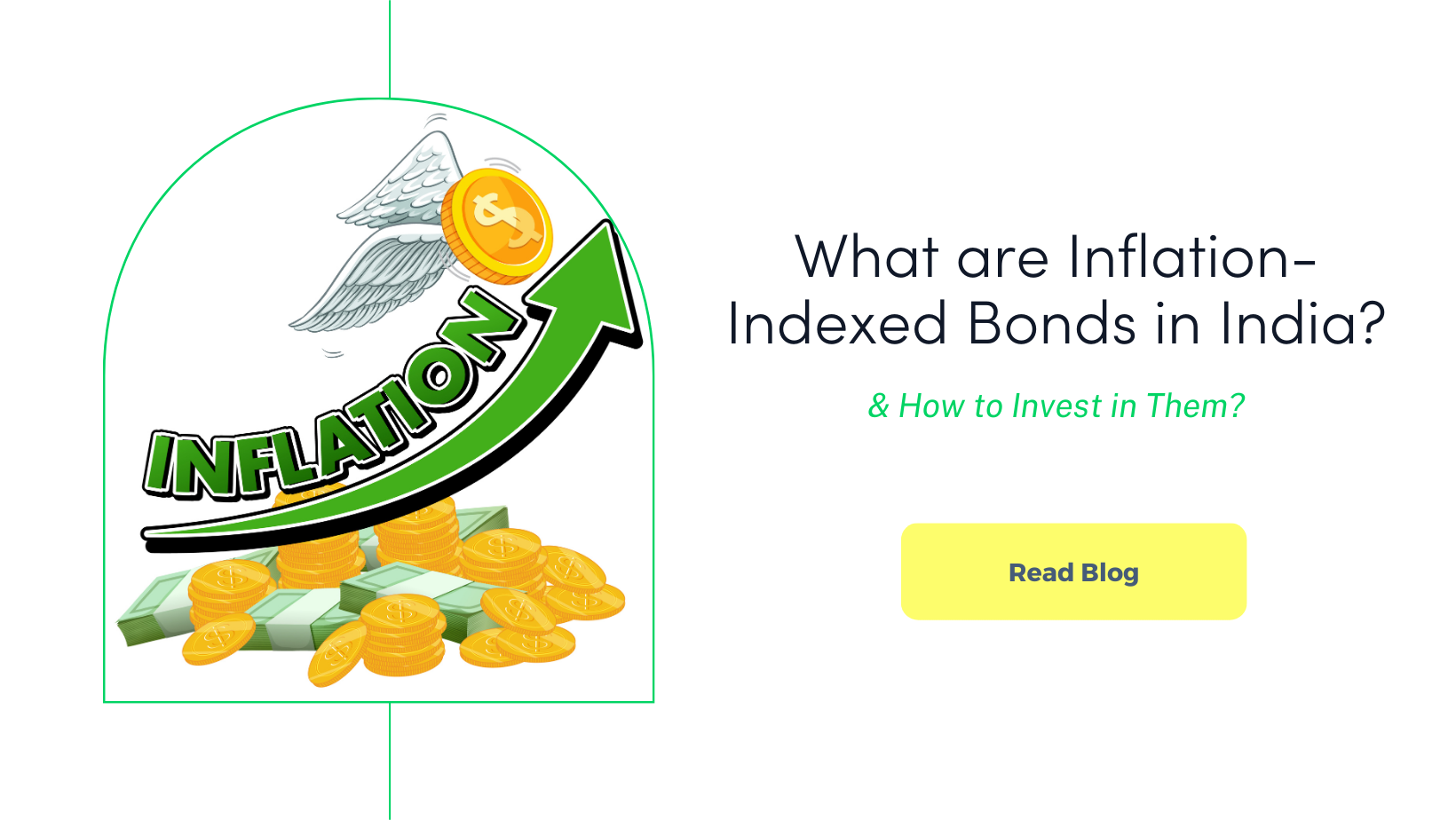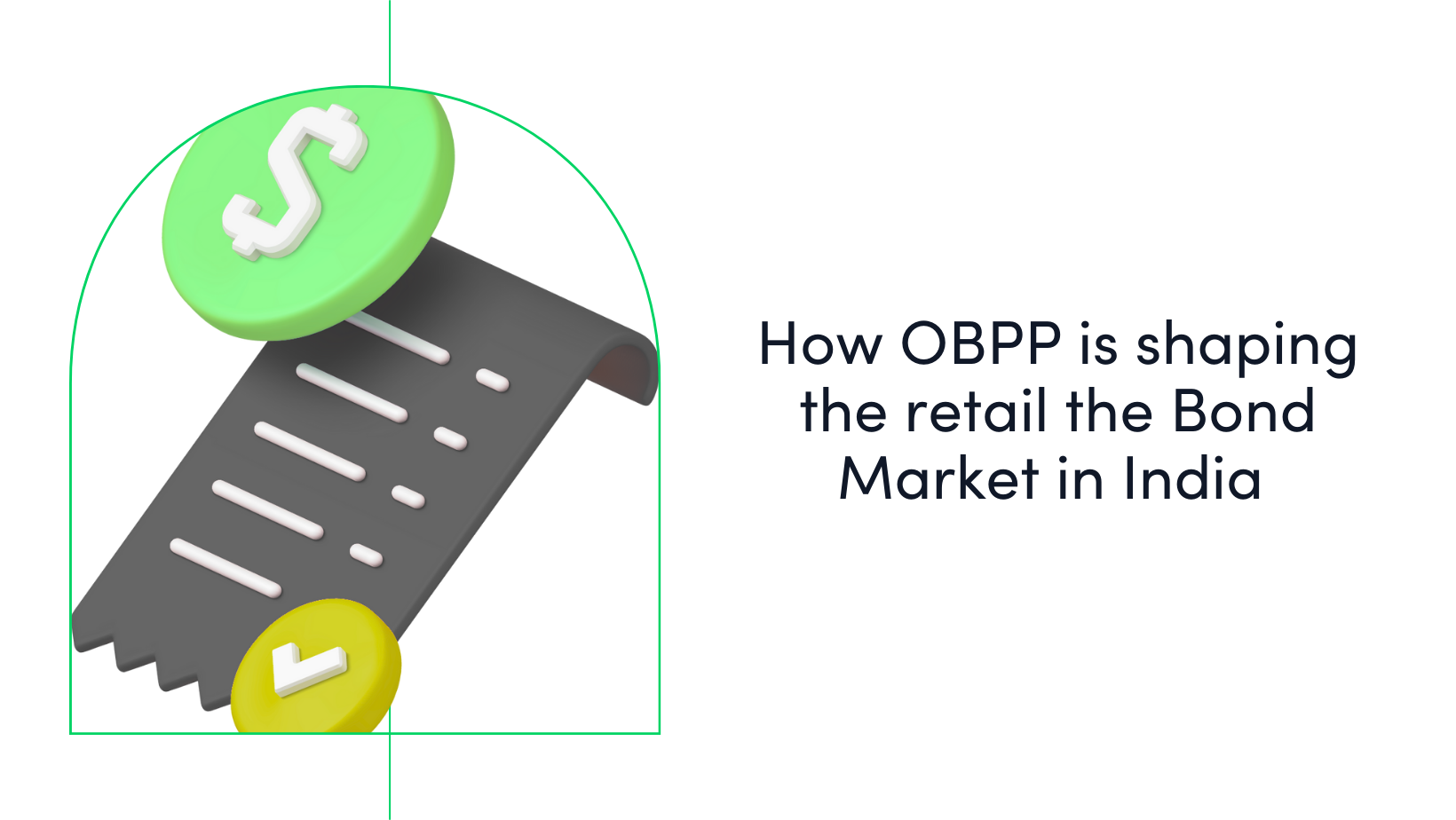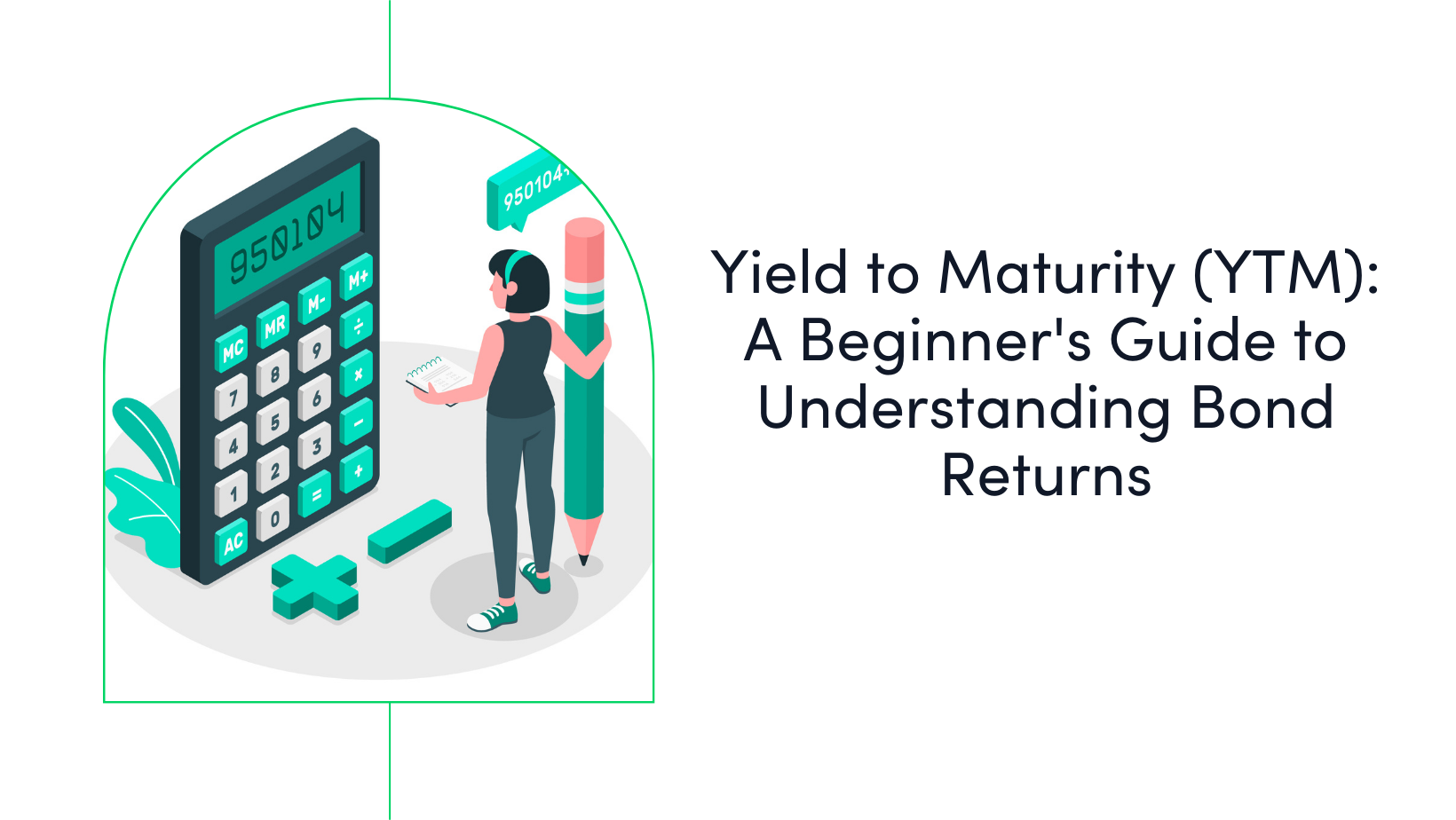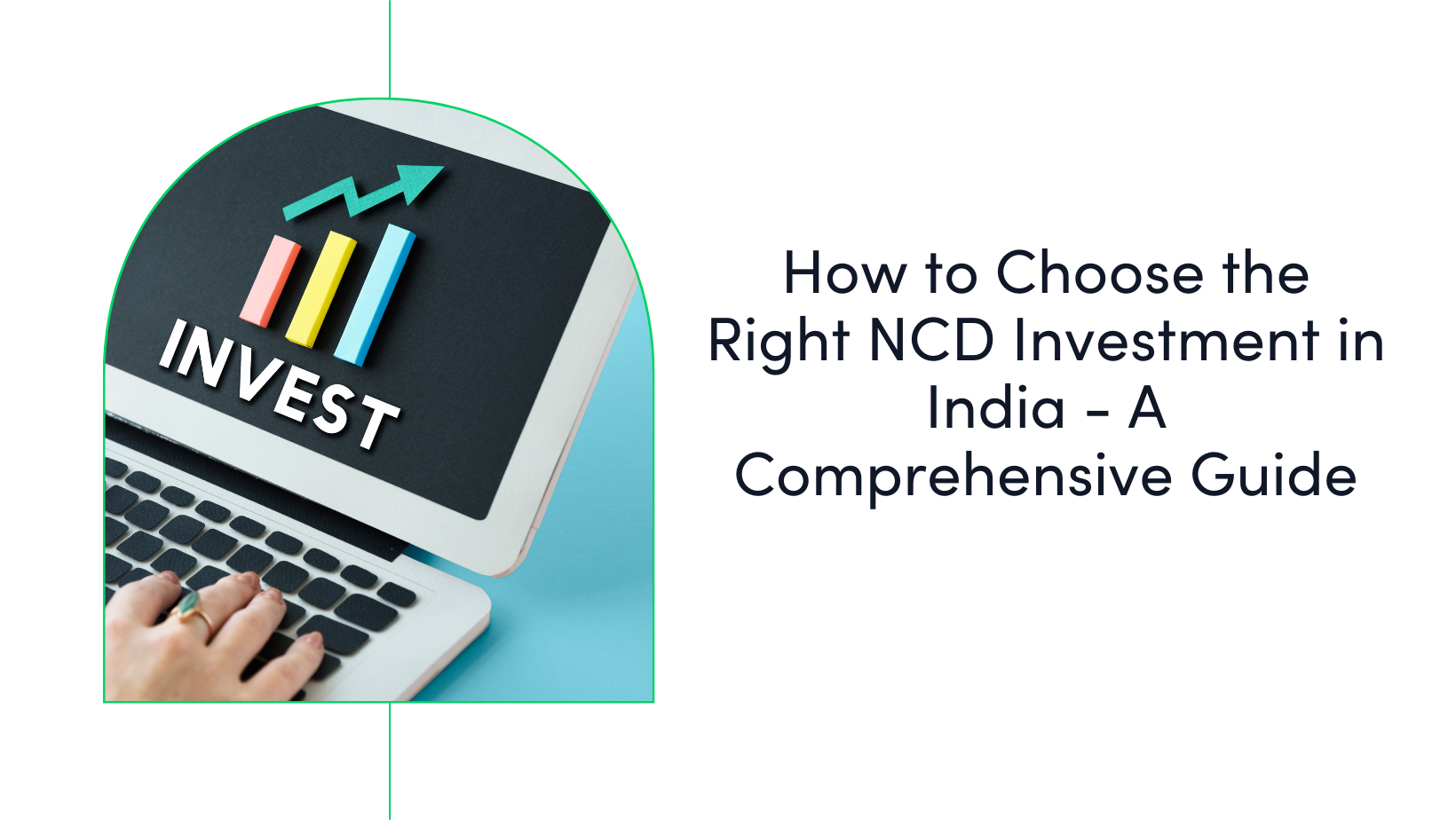Earn 9%–15% on Senior Secured Bonds.
Lower risk. Fixed returns. Start investing on Aspero with just ₹10,000.
Explore Bonds

Corporate bonds are a smart investment option if you want safety, predictable income, and attractive returns. They are less risky than stocks and provide steady income, making them ideal for conservative investors. However, it can be difficult to select the best corporate bonds for investment, especially if you are a beginner.
In this guide, we’ve created a list of the best corporate bonds in India for 2025, selected based on strong financial fundamentals, reliable credit ratings, and consistent past performance.
What are Corporate Bonds?
Corporate bonds are debt instruments issued by companies (both private and public) to raise capital for business expansion, working capital, or other operational needs.
In simple terms, think of investing in corporate bonds as giving loans. You’re lending money to a company and in return, the company agrees to pay you regular interest (called a coupon) and return your principal amount on a set maturity date.
Benefits of Investing in Corporate Bonds in India
Here’s why investors are turning to corporate bonds in 2025:
-
Higher yields
Corporate bonds in India, especially the ones issued by NBFCs and mid-sized corporations, generally offer higher returns than government bonds and fixed deposits (FDs).
This is because investors take on additional credit risk associated with the issuing corporation.
-
Better liquidity
You can easily buy and sell corporate bonds on Online Bond Platform Providers (OBPP), such as Aspero.
However, liquidity can vary depending on the bond. For example, high-rated bonds have higher demand in the market and can be traded more easily.
-
Lower risk (compared to equities)
Corporate bonds carry less risk than equities because bondholders have a contractual right to receive interest and principal payments. Whereas, shareholders are placed lower on the priority list during a company’s liquidation and may not receive dividends.
However, you should also note that corporate bonds are riskier than FDs. While FDs are insured up to a certain limit and offer capital protection, corporate bonds are subject to credit risk (the risk that the issuer may default) and interest rate risk.
-
Tax benefits
If you purchase the bond from the primary market and hold it till maturity, you won’t have to pay capital gains tax. Only interest will be taxable as per your income tax slab.
For listed bonds:
- LTCG applies after 12 months (taxed at 10% without indexation).
- Short-term gains are taxed as per the slab rate.
For unlisted bonds:
- LTCG applies after 36 months (taxed at 20% without indexation),
- Short-term gains are taxed according to the slab rate.
Tax benefits can vary and depend on the type of bond and the investor’s holding period.
Best Corporate Bonds in India in 2025
Here are the eight best corporate bonds in India in 2025 based on rating, yield and overall performance.
1. Indel Money Limited Bond
Indel Money offers one of the highest yields among listed corporate bonds, with a secured senior structure. While the rating is lower (BBB+), it appeals to investors willing to accept higher risk for increased returns.
Key insights:
- Credit Rating: BBB+ (Stable) by CRISIL
- Yield To Maturity: Up to 13.70%
- Security: Secured
- Tenure: 1 Year 6 month 6 days
- Interest Payment Frequency: Monthly
2. Satya Microcapital Ltd Bond
Satya Microcapital’s bond provides a high fixed return and is backed by a growing microfinance business, making it one of the best corporate bonds in India. The BBB+ rating reflects moderate risk, but the attractive coupon rate makes it suitable for yield-seeking investors.
Key insights:
-
- Credit Rating: CRISIL BBB+ (Stable)
- YTM: Up to 12.70%
- Security: Secured
- Coupon rate: 10.4%
- Tenure: Approximately 2 years
- Interest Payment Frequency: Monthly 3. RDC Concrete India Private Limited Bond
While specific bond details are limited, RDC Concrete India is included for its stable business model in the construction sector, which can offer diversification benefits to a corporate bond portfolio.
Key insights:
- Credit Rating: IND-RA A-
- YTM: Approximately 13.80%
- Coupon rate: 11.25%
- Tenure: Approximately 3 years
- Interest Payment Frequency: Monthly 4. Aye Finance Private Limited Bond
Aye Finance is a prominent player in MSME lending. Its bonds are popular for their competitive yields and the company’s focus on financial inclusion.
Aye Finance reported assets under management (AUM) of ₹4,400 crore as of the end of FY 2023–24. The company has also maintained a gross non-performing asset (NPA) ratio of 1.21%, reflecting strong asset quality.
Key insights:
- Credit Rating: Credit Rating: India Ratings A (Stable)
- YTM: Up to 11.20%
- Tenure: 1Y 23d
- Interest Payment Frequency: Monthly 5. MAS Financial Services Limited Bond
Mas Financial is a reputed NBFC with a strong credit profile and stable earnings. It has a healthy debt/EBITDA ratio and improved profit levels, indicating strong debt servicing ability. It’s for conservative investors seeking stability with attractive yields.
Key insights:
- Credit Rating: AA- (Stable) by CARE
- Yield to MAturity: 9.80%
- Type: Secured Bond
- Liquidity: Moderate on secondary platforms
- Ideal for: Investors seeking steady income with better security. 6. Spandana Sphoorty Financial Limited Bond
Spandana Sphoorty is a leading microfinance institution with a strong presence in rural and semi-urban areas. Its bond offers a competitive yield, appealing to investors seeking higher returns with moderate risk.
Key Insights:
- Credit Rating: A (Stable) by CARE
- Yield to Maturity (YTM): Up to 12.55%
- Security: Secured
- Tenure: 1y 1m 28d
- Interest Payment Frequency: Monthly 7. Criss Financial Limited Bond
Criss Financial Limited, a non-banking financial company (NBFC), offers a secured bond with an attractive yield. While rated A-, the bond appeals to investors seeking higher returns with a moderate risk appetite
Key insights:
- Credit Rating: IND A- by India Ratings & Research Pvt. Ltd.
- Yield to Maturity (YTM): Up to 12.40%
- Security: Secured
- Tenure: 1y 4m
- Interest Payment Frequency: Monthly
Factors to Consider to Invest in Corporate Bonds in India
Let’s see the factors you should look for before you invest in corporate bonds.
- Company financials
Evaluate the issuer’s financial health—profitability, debt levels, and recent performance. Strong fundamentals lower default risk. - Fixed vs. floating interest rates
Fixed-rate bonds offer predictable income. Floating rates adjust with market trends—beneficial in a rising interest rate environment. - Credit rating
Assigned by CRISIL, ICRA, CARE, etc., ratings from AAA to BBB are investment grade. Higher ratings mean lower risk but lower returns. - Maturity date
Short-term bonds offer quicker liquidity and lower risk. Long-term bonds may yield more but come with higher risk. - Interest payout frequency
Bonds may pay interest monthly, quarterly, or annually. Regular payouts suit those seeking passive income. - Secured vs. unsecured bonds
Secured bonds are backed by assets, offering more safety. Unsecured ones carry more risk but may yield higher returns. - Yield to maturity (YTM)
YTM measures total returns considering price, interest, and maturity. Higher yields often mean higher risk. - Maturity alignment
Match bond tenure with your financial goals. Shorter terms provide flexibility; longer ones may lock in better rates.
How to Invest in Corporate Bonds in India
There are multiple ways to start investing in the best corporate bonds in India:
-
SEBI-registered bond platforms
You can invest in SEBI-registered OBPP (Online Bond Platform Provider) like Aspero for better transparency and investor protection.
These platforms let you explore both primary and secondary market bonds directly— curated and verified.
With Aspero, you can:
- Discover new issues and listed bonds.
- Invest in senior secured and investment-grade options.
- Do a zero-document KYC in minutes.
- Invest anytime—even outside market hours.
- Pay zero transaction fees.
-
Secondary market (stock exchanges)
You can buy listed bonds via NSE/BSE using your demat account. It offers flexibility to buy/sell before maturity.
Note that the prices can vary based on interest rate trends and company credit ratings. Additionally, liquidity may be limited in some cases.
It is best suited for investors who understand price discovery and bond risk premiums.
-
Corporate bond funds/debt mutual funds
If you’re not ready to invest in individual bonds, consider investing in corporate bond funds managed by professionals.
These funds:
- Invests in a portfolio of high-rated bonds (AAA and AA).
- Carries expense ratio and market-linked risk.
- Do not confuse corporate bond funds with individual corporate bonds.
-
Exchange-traded funds (ETFs)
Bond ETFs allow investing in high-quality PSUs and corporate instruments with low costs and passive management.
Conclusion
With improved market resilience and easier retail access, corporate bonds provide investors a smart path to portfolio stability and steady income. However, like every investment, understanding the issuer’s credibility, yield, and risk profile is equally important.
Ready to get started? Explore high-yield, investment-grade bonds on SEBI-registered platforms like Aspero. Take your first step toward building a balanced portfolio and invest in the best corporate bonds in India with Aspero.











